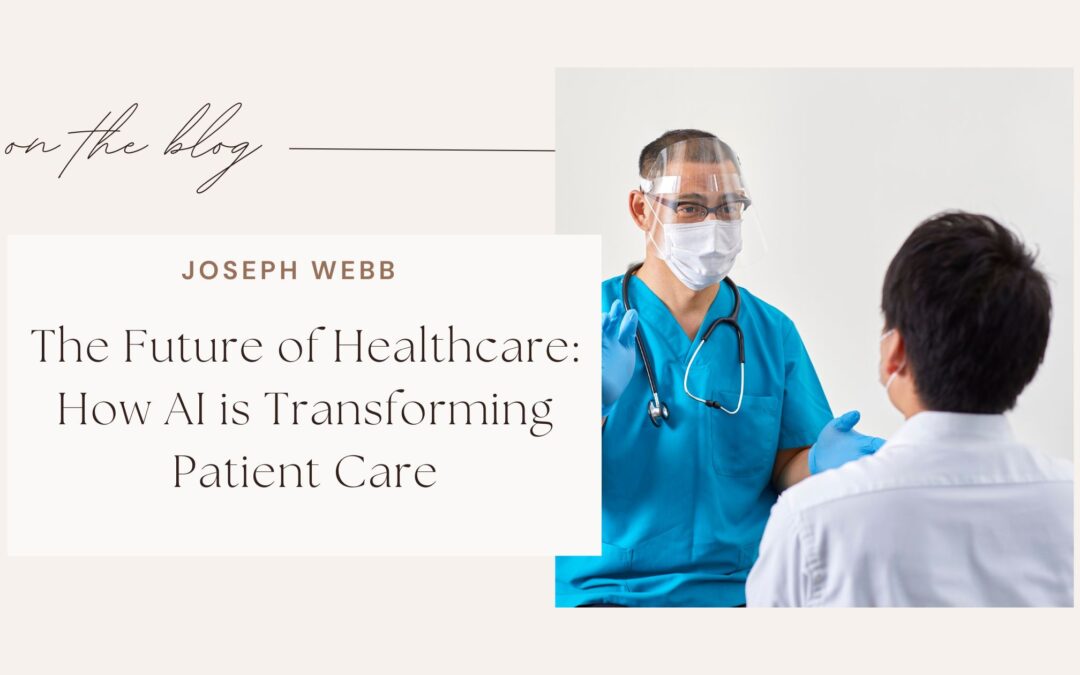Artificial intelligence (AI) is no longer a futuristic buzzword—it’s a present-day reality that’s reshaping the healthcare industry. From enhancing diagnostic accuracy to enabling personalized treatment, AI is driving revolutionary changes in the way patients receive care.
One of AI’s most significant contributions lies in diagnostics. AI-powered imaging tools can detect diseases like cancer and heart disease earlier than traditional methods, often spotting anomalies invisible to the human eye. This early detection can be life-saving, allowing for interventions at the most critical stages.
AI is also personalizing treatment plans. By analyzing vast amounts of patient data, AI can predict which therapies are most effective for individuals, reducing the trial-and-error approach that often prolongs treatment. Patients benefit from faster recovery times, fewer side effects, and better overall outcomes.
Additionally, AI is making telehealth smarter. Virtual consultations equipped with AI diagnostic support allow physicians to offer accurate guidance remotely. This is particularly impactful for rural or underserved areas where access to specialists is limited.
However, the adoption of AI also raises concerns. Data privacy, algorithm bias, and equitable access remain critical challenges that must be addressed to ensure that these tools benefit all patients equally.
Looking ahead, AI promises to be a partner, not a replacement, for healthcare providers. By empowering doctors and nurses with sharper insights, AI has the potential to transform patient care into a more proactive, personalized, and efficient system.

